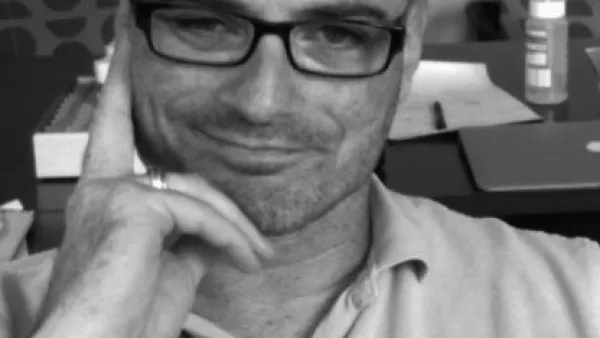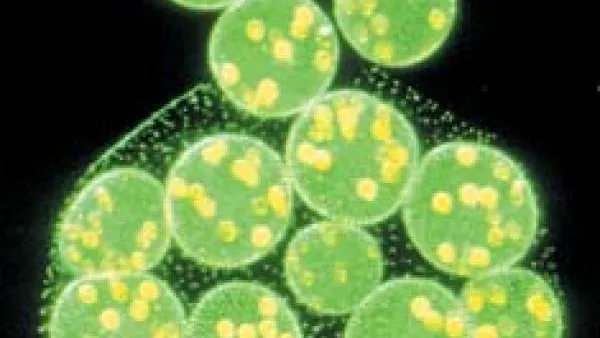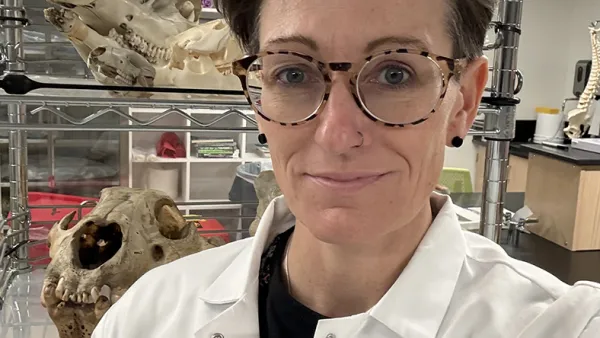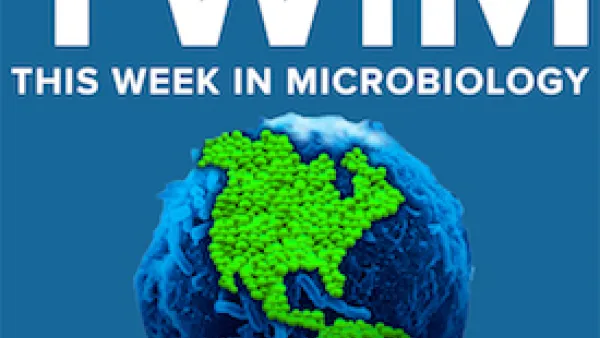Braxton Sizemore, a senior majoring in both Biology with a concentration in Ecology and Evolution, and Classics, in the School of Arts and Sciences at Washington University in St. Louis, is the winner of the 2024 Garland Allen Prize in Diversity, Equity, and Inclusion in the Biological Sciences.
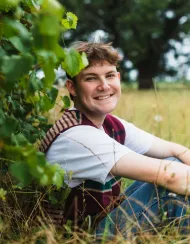
Professor Emeritus Garland E. Allen III was a renowned science historian and an outstanding leader in the Washington University Biology Department, advocating for racial and gender equality in the biological sciences. The Allen Prize was established in 2023 to honor his work and his memory, and is awarded to a graduating senior biology major who has made significant efforts in DEI.
The winner is selected by members of the Biology Inclusion Committee. Members were greatly impressed by Sizemore’s contributions to DEI inside and outside WashU, including their involvement with Pride Alliance, Rainbow Coalition and the St. Louis Queer+ Support Helpline. Sizemore was also a Research and Project Fellow with the Center for Diversity and Inclusion where they worked to improve inclusion of LGBTQ+ students in the university healthcare and housing systems.
In her nomination letter, Senior Lecturer Heather Barton wrote, “Braxton is an exceptional young person, passionate about improving diversity, equity, and inclusion at Wash U through community work and as a teaching assistant in introductory and general biology courses. They think deeply about how to level the playing field for students, and are comfortable providing constructive criticism and feedback to instructors with regard to class design. Braxton is one of the most mature and thoughtful students with whom I have interacted during my teaching career, and I believe that they are deserving of this award."
Sizemore says "Receiving this award means so much to me: I'm proud to be a trans biologist working to uplift other trans biologists, and that this work has impacted our University community. Especially having explored my gender and sexual identities in such tumultuous times for gender-diverse people (in Missouri and elsewhere), I hope that I can continue to advocate for inclusivity in coursework, in research, and in our communities. The most important thing that a scientist can do is use their voice to confront inequity and disinformation. I hope that I can continue to engage with diverse communities and empower marginalized communities through science and education."
Sizemore will receive the award and prize during a biology awards ceremony in May.
